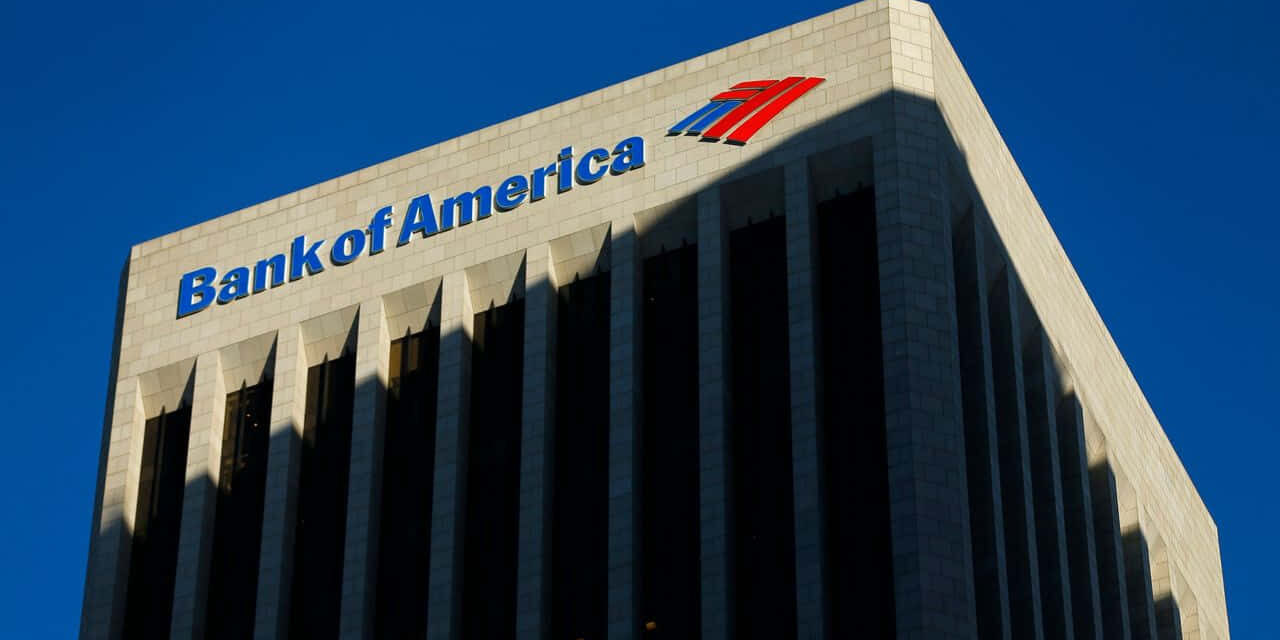Bank of America
NEW YORK — Former Bank of America broker Theodore Sihpol III was acquitted yesterday of 29 counts, including a top charge of grand larceny, at a trial related to after-hours mutual-funds trading.
State Supreme Court Justice James Yates declared a mistrial on four deadlocked counts in the first case tried as a result of state Attorney General Eliot Spitzer’s probe of the securities industry.
Sihpol, 37, still faces civil litigation filed by the federal Securities and Exchange Commission (SEC) and other parties.
Spitzer had claimed that Sihpol helped hedge fund Canary Capital Partners earn tens of millions of dollars through illegal after-hours trading of fund shares after East Coast securities markets closed at 4 p.m. Under that practice, the prosecutors said clients could profit from news that develops after the market closes and still get the day’s closing price.
Defense lawyers said no law barred late trading of mutual funds. They argued that Sihpol’s actions, open, well-known and consistent with bank practices, showed there was no criminal intent on his part.
“We’re very pleased that at least the jury reached the right result on 29 counts. We believed in Ted’s innocence,” one of Sihpol’s lawyers, Evan Stewart, said outside the courtroom.
“Ted will be busy regaining his reputation and getting on with his life. He’s been through a terrible ordeal for two years,” Stewart said. “He was prosecuted for conduct for which no one had ever been prosecuted before.”
Spitzer’s office said in a statement it accepted the jury’s decision. “We will continue to vigorously defend the interests of investors,” it said.
Stewart said it is up to the attorney general to decide whether to retry the four counts on which the jury deadlocked. That will likely be discussed June 23, when the parties return to court, he said.
The judge declared a mistrial on charges of first-degree scheme to defraud, violation of the state’s general business law (the Martin Act), and two first-degree counts of falsifying business records.
He read into the record a note that said one juror “has resisted all our appeals to reason and evidence,” had “withdrawn from deliberations” and had refused to discuss the case further.
Two jurors interviewed after the deadlock was announced said that while there was wrongdoing, they were not convinced that Sihpol was guilty of the crimes with which he was charged.
“We felt something was definitely wrong with the late trading and all that, but we felt the people who should have been on trial weren’t on trial,” said juror William Huddleston, 50, a custodial worker.
Juror Cheryl Fader, 52, an independent bookseller, said, “I don’t think he had any intent. I think he followed the bank’s policy, and if anybody should be penalized it’s the bank.”
Sihpol was indicted in April 2004 on charges of scheme to defraud, first-degree grand larceny, violations of the state’s business law (specifically securities fraud) and falsifying business records.
The indictment accused Sihpol of stealing more than $1 million from each of six mutual funds in $2.3 billion worth of trades. The funds were the Nations Funds Trust, which is associated with Bank of America; PIMCO Funds; MFS Family of Funds; Janus Investment Fund; Fred Alger Fund, and RS Investment Trust.
Stewart had argued that no law made it a crime to trade mutual funds after 4 p.m. In his final instructions to jurors, Yates had said federal trading rules were not before them for consideration. Rather, they were to decide whether Sihpol was guilty of the charges against him.


